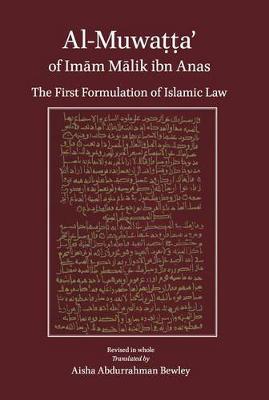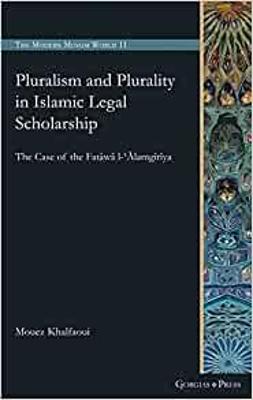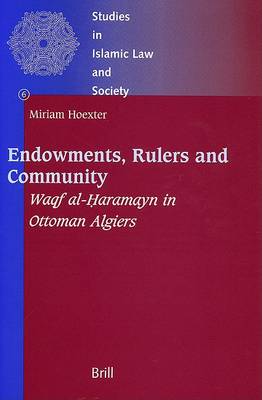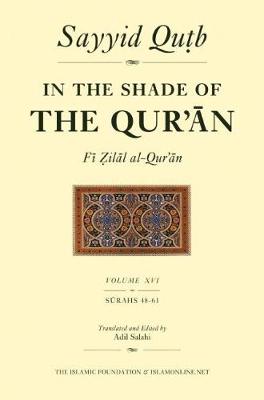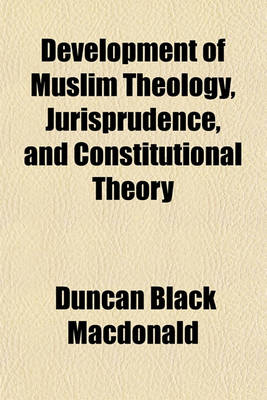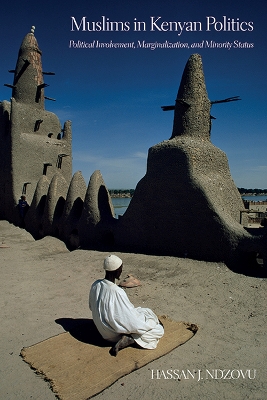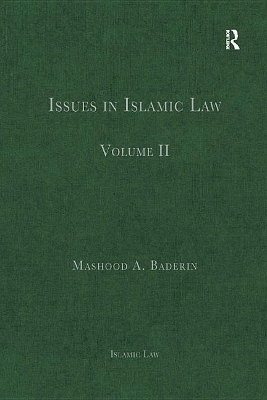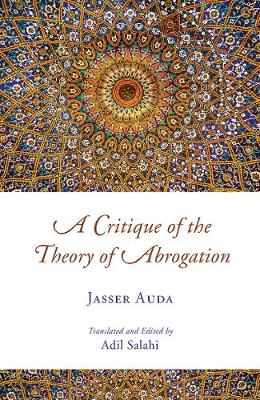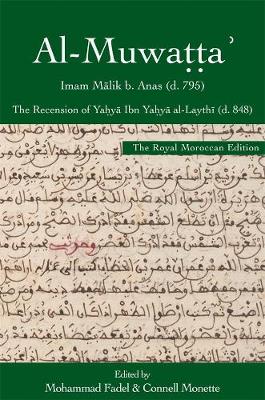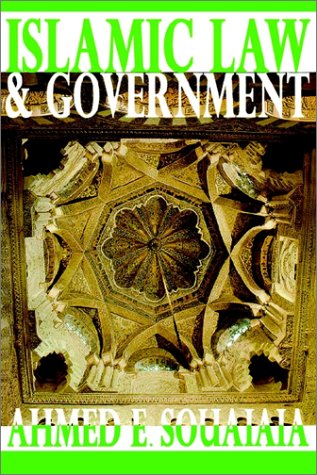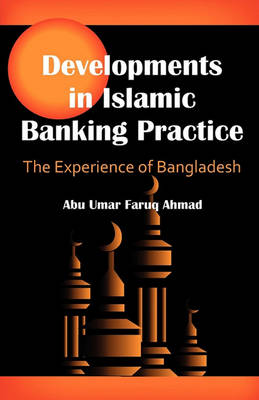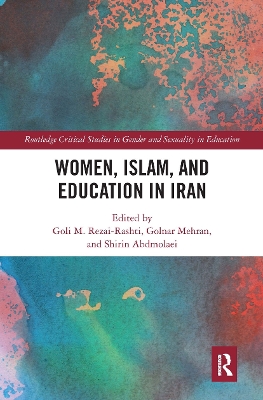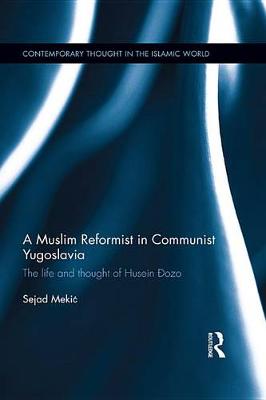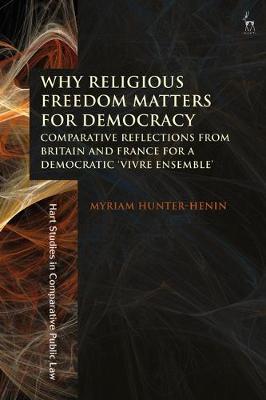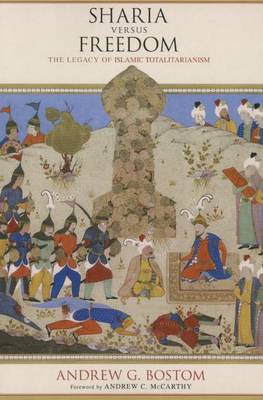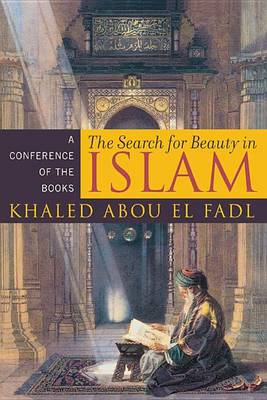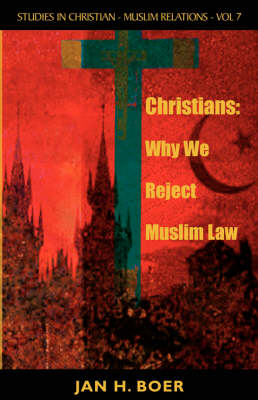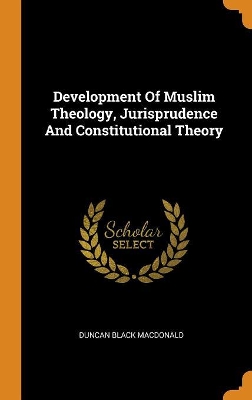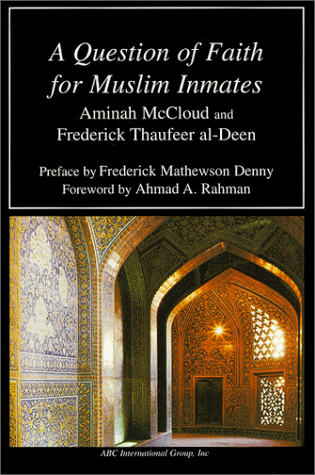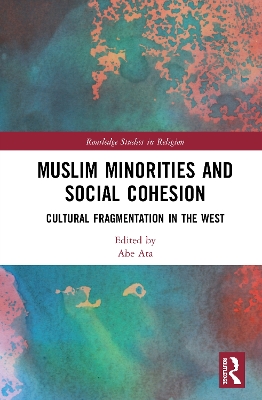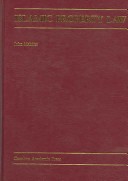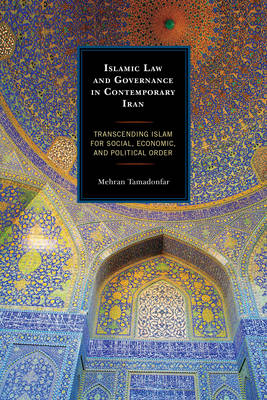Pluralism and Plurality in Islamic Legal Scholarship (Modern Muslim World, #11)
by Mouez Khalfaoui
This book presents the positions held by hanafite Muslim jurists in South Asia in the 17th century with regard to the coexistence of Muslims and non-Muslims, and, secondly, compares the opinions put forth by these South Asian jurists with those maintained by their counterparts in Central Asia and the Middle East.
Endowments, Rulers and Community (Studies in Islamic Law and Society, #6)
by Miriam Hoexter
This study depicts the history of the waqf endowments in Algiers dedicated to the poor of Mecca and Medina over the last 170 years of Ottoman rule. It is one of the first studies of a major public foundation based on its own registers. Its main themes are: the foundation's growth, its benefactors, the evolution of its patrimony, its administration, managerial policies and functions in the town. The author discusses the history of the foundation within two contexts - that of the Islamic endowment...
The Qur'an is full of parables. Each one, when its meaning is unpacked and understood, offers wisdom and guidance. Surah Kahf, chapter 18 from the Qur'an, is particularly thought provoking, and Muslims are advised to read it at least once a week. But why? And what can we gain from it? In this book Yasir Qadhi leads us through Surah Kahf, unfolding the lines, stories and symbols that have inspired people for over a thousand years: the people of the cave, Prophet Musa's momentous encounter with Kh...
In the Shade of the Qur'an Vol. 16 (Fi Zilal al-Qur'an) (In the Shade of the Qur'an)
by Sayyid Qutb
This is part 16 of this monumental collection of 18 volumes which is by far the most significant and most profound work of Sayyid Qutb who wrote most of it while in prison. This piece of work has been recognized as an outstanding contribution to Islamic thought and scholarship to which students and scholars, including contemporary Islamic revivalist movements all over the world, owe a great deal. It spans the whole work of the Qur'an and gives a deeper insight into its universal message within a...
Development of Muslim Theology Jurisprudence and Constitutional Theory
by Duncan B MacDonald
In human progress unity and complexity are the two correlatives forming together the great paradox. Life is manifold, but it is also one. So it is seldom possible, and still more seldom advisable, to divide a civilization into departments and to attempt to trace their separate developments; life nowhere can be cut in two with a hatchet. And this is emphatically true of the civilization of Islam. Its intellectual unity, for good and for evil, is its outstanding quality. It may have solved the pro...
Muslims in Kenyan Politics explores the changing relationship between Muslims and the state in Kenya from precolonial times to the present, culminating in the radicalization of a section of the Muslim population in recent decades. The politicization of Islam in Kenya is deeply connected with the sense of marginalization that shapes Muslims' understanding of Kenyan politics and government policies. Kenya's Muslim population comprises ethnic Arabs, Indians, and black Africans, and its status has v...
Issues in Islamic Law (Islamic Law)
Islamic substantive law, otherwise called branches of the law (furu al-fiqh), covers the textual provisions and jurisprudential rulings relating to specific transactions under Islamic law. It is to Islamic substantive law that the rules of Islamic legal theory are applied. The relationship between Islamic legal theory and Islamic substantive law is metaphorically described by Islamic jurists as a process ofcultivation (istithmar), whereby the qualified jurist (mujtahid), as thecultivator uses re...
A typical definition of abrogation found in the Jurisprudence literature is: 'The (heavenly) replacement of one juridical ruling with a later ruling.' This book surveys the subject of abrogation (Naskh) in the Qur'an, Hadith and Islamic literature, illustrating that the concept of abrogation was introduced after the Prophetic era in order to explain certain verses of the Qur'an and what has come to be termed as "conflicting Prophetic narrations" (Mukhtalaf al-Hadith). It goes on to sugges...
al-Muwatta', the Royal Moroccan Edition (Harvard Series in Islamic Law)
by Imam Malik b. Anas
The Muwatta', written in the eighth century CE by Malik b. Anas-known as the Imam of Medina-is the first written treatise of Islamic law. The Prophet Muhammad and his earliest followers immigrated to the city of Medina after they experienced severe persecution in their hometown of Mecca, establishing the first Muslim community in Medina. As the Muslim community rapidly expanded, Medina lost some of its political importance, but retained its position as the leading Muslim center of learning for...
Women, Islam and Education in Iran (Routledge Critical Studies in Gender and Sexuality in Education)
Drawing on the complexities and nuances in women’s education in relation to the aftermath of the 1979 Iranian Revolution, this edited collection examines implications of religious-based policies on gender relations as well as the unanticipated outcomes of increasing participation of women in education. With a focus on the impact of the Islamic Republic’s Islamicization endeavor on Iranian society, specifically gender relations and education, this volume offers insight into the paradox of increas...
A Muslim Reformist in Communist Yugoslavia (Contemporary Thought in the Islamic World)
by Sejad Mekic
A Muslim Reformist in Communist Yugoslavia examines the Islamic modernist thought of Husein Đozo, a prominent Balkan scholar. Born at a time when the external challenges to the Muslim world were many, and its internal problems both complex and overwhelming, Đozo made it his goal to reinterpret the teachings of the Qur’an and hadīth (prophetic tradition) to a generation for whom the truths and realities of Islam had fallen into disuse. As a Muslim scholar who lived and worked in a European, commu...
Why Religious Freedom Matters for Democracy (Hart Studies in Comparative Public Law)
by Myriam Hunter-Henin
Should an employee be allowed to wear a religious symbol at work? Should a religious employer be allowed to impose constraints on employees' private lives for the sake of enforcing a religious work ethos? Should an employee or service provider be allowed, on religious grounds, to refuse to work with customers of the opposite sex or of a same-sex sexual orientation? This book explores how judges decide these issues and defends a democratic approach, which is conducive to a more democratic underst...
Author Andrew G. Bostom expands upon his two previous groundbreaking compendia, The Legacy of Jihad and The Legacy of Islamic Antisemitism, with this collection of his own recent essays on Sharia - Islamic law. The book elucidates, unapologetically, Sharia's defining Islamic religious principles and the consequences of its application across space and time, focusing upon contemporary illustrations. A wealth of unambiguous evidence is marshaled, distilled, and analyzed, including- objective, eru...
Khaled Abou El Fadl is a classically-trained Islamic jurist, an American lawyer and law professor, and one of the most important Islamic thinkers today. In this updated and expanded edition of The Search for Beauty in Islam, Abou El Fadl offers eye-opening and enlightening insights into the contemporary realities of the current state of Islam and the West. Through a "conference of the books," an imagined conference of Muslim intellects from centuries past, Abou El Fadl examines the ugliness that...
Development of Muslim Theology, Jurisprudence and Constitutional Theory
by Duncan Black MacDonald
Question of Faith for Muslim Inmates
by Frederick T Amina Mccloud and Aminah Beverly McCloud
Muslim Minorities and Social Cohesion (Routledge Studies in Religion)
This book examines various attempts in the ‘West’ to manage cultural, linguistic, and religious diversity – focusing on Muslim minorities in predominantly non-Muslim societies. An international panel of contributors chart evolving national identities and social values, assessing the way that both contemporary ‘Western’ societies and contemporary Muslim minorities view themselves and respond to the challenges of diversity. Drawing on themes and priority subjects from Islamic Culture within Euro-...
